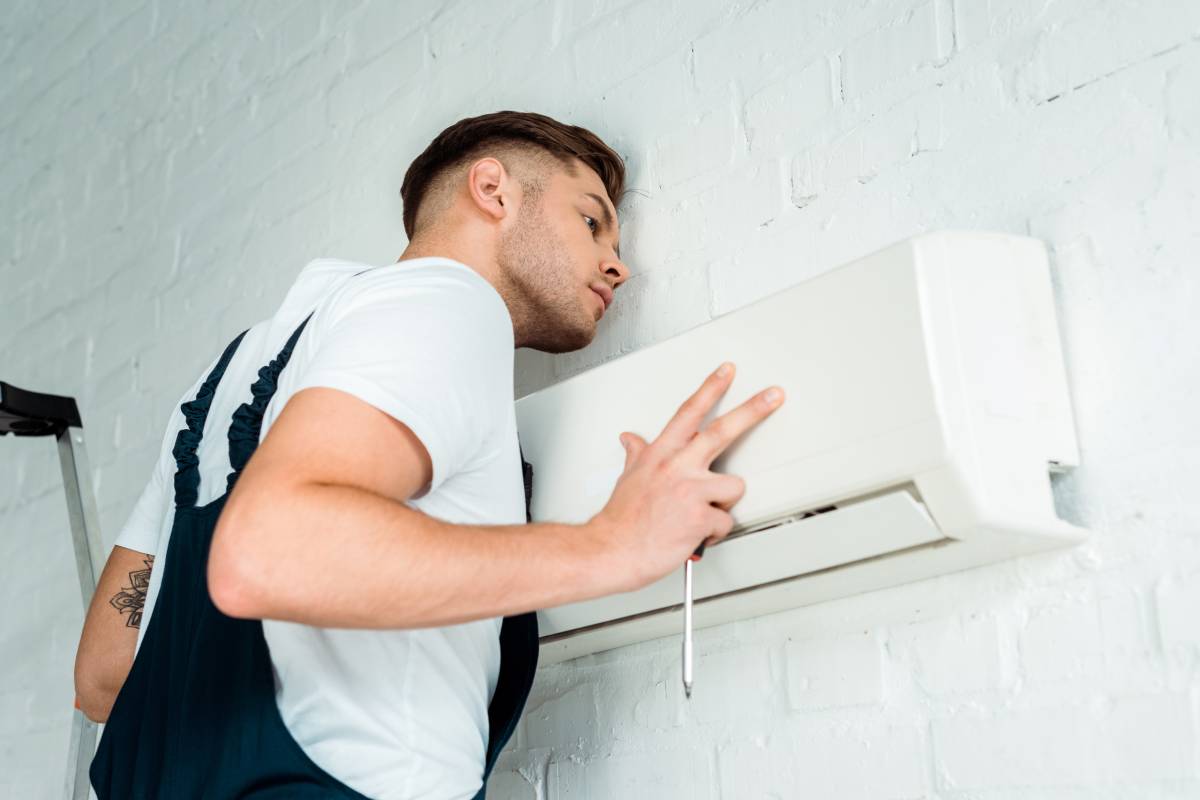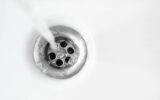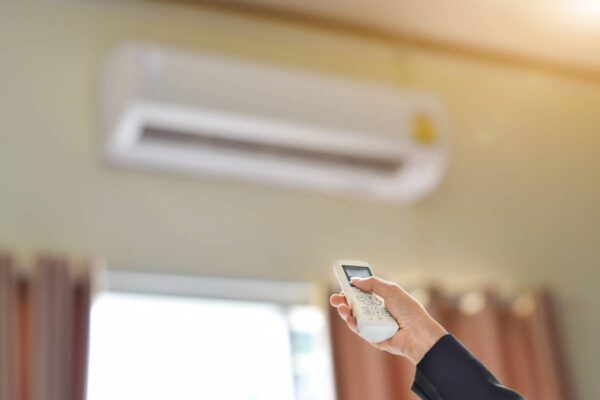Just like your car or bike, air conditioners need regular maintenance to make sure they work properly. If you don’t get your AC serviced regularly, dust and dirt will build up in the fans, filters, coils, and other parts. When you turn on the AC, this gunk will slowly harm the inside parts and reduce how well it works.
Your AC won’t cool the room well, even after running for a long time. This leads to high electricity bills, a malfunctioning AC, and costly repairs!
Related article: How to DIY Clear a Clogged Shower Drain
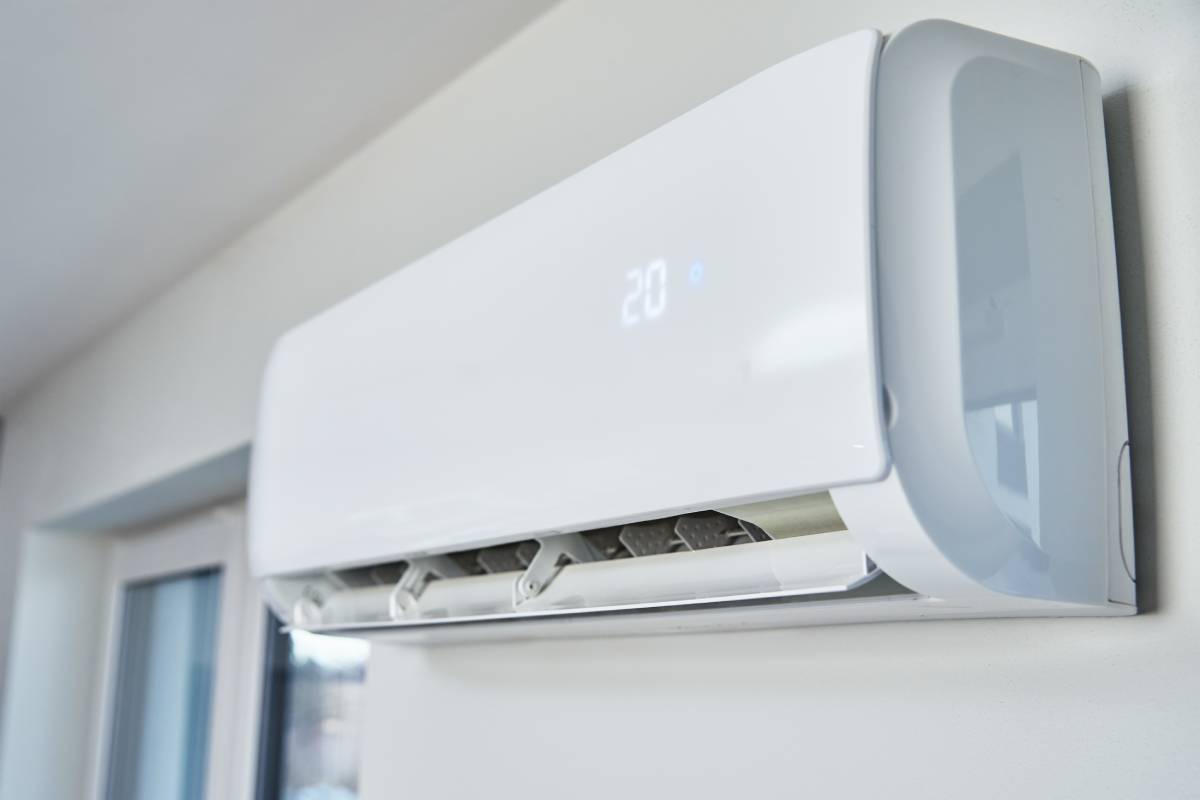
Why Is It Important to Get Your AC Serviced?
- To make your AC last longer and work more efficiently.
- To save money on your electricity bills.
- To improve the air you breathe, reducing the risk of breathing problems and skin allergies.
- To catch small issues early, so they don’t turn into big problems.
- Cleaning your air conditioner prevents the growth of harmful microbes, mould, mildew, and other contaminants, which also improves air quality.
How Often Should I Have My Air Conditioner Checked?
Air conditioning experts suggest a thorough service at least once a year.
The ideal time to service your air conditioner is just before the seasons change.
If you have a cooling-only unit, spring is a great time to service it, preparing it for the summer. If you own a reverse-cycle air conditioner, service it twice: once in spring and again in autumn to ensure both heating and cooling functions operate correctly.
The frequency of servicing also depends on your usage. If you use your AC constantly, it might require more than one or two services.
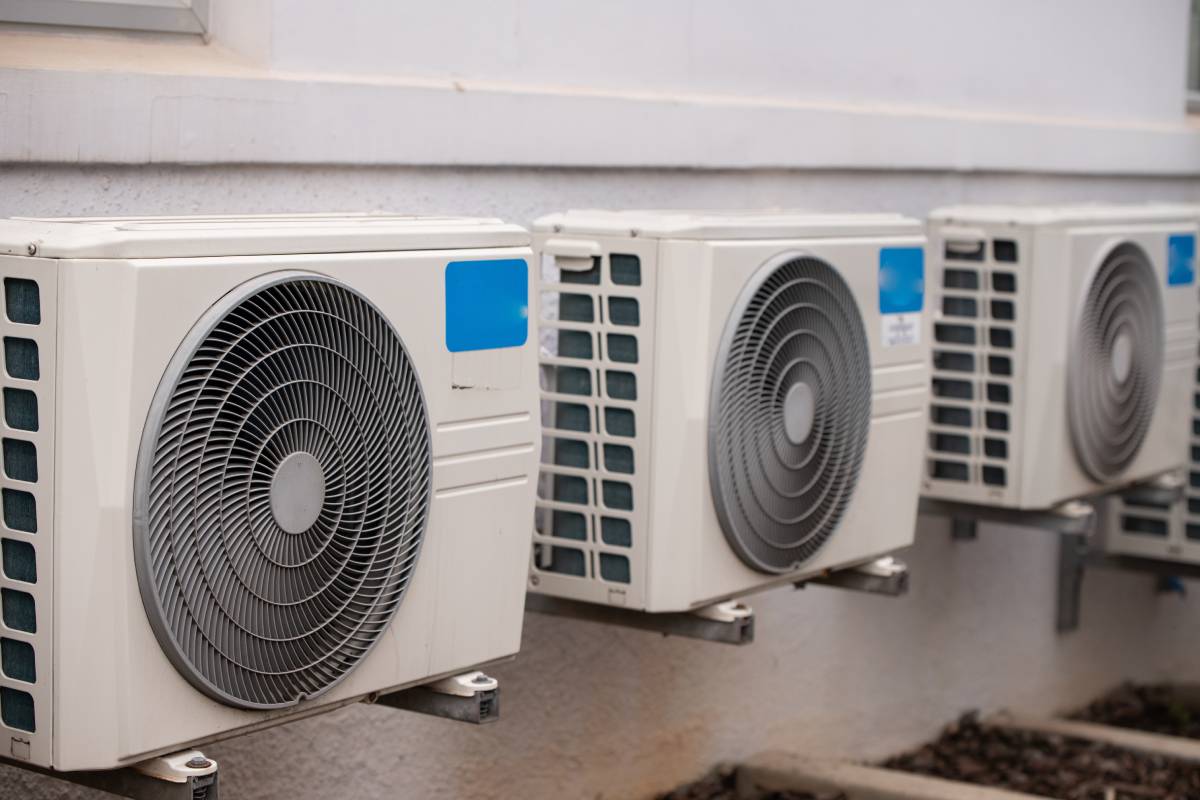
Can You Clean Your Own Air Conditioner?
Yes, you can, even though we would like to suggest hiring a professional, but all in all, we can do it ourselves. So, how can we do it, we have the standard list you can follow here:
Clean the Air Filter
One of the simplest DIY methods for air conditioner maintenance is cleaning the filters. You can also replace the filter by taking out the old one and putting in a new one. Refer to the instruction manual to find the correct filter size.
How often should you change the AC filter?
If you have pets, allergies, or live in a dusty area, consider replacing the filters every 60 days. For low usage, change the filter every 4-6 months.
Clean the Vents and Outside Unit
For outdoor AC units, condenser coils can also become very dirty if the outdoor environment is dusty or if there is foliage nearby. Cleaning the area around the coil, removing any debris, and trimming foliage back at least two feet gives adequate airflow around the condenser. Also, shading the outside unit can increase its efficiency by up to 10%!
Visually Inspect the Pipes
Take a look at the pipes to check for any signs of damage.
After cleaning the air conditioner, switch it on and observe
-
- Is the unit effectively cooling your space?
- Is it running quietly?
- Is there any unusual odour? Some odour may be present due to accumulated dust and should gradually dissipate.
Watch for Excess Water
-
- If you notice a significant amount of water near the outdoor unit or inside your home, it might be a sign of a refrigerant leak.
- For safety reasons, avoid attempting to dismantle the indoor or outdoor unit unless you are a professional.
- Leave more complex maintenance to the experts.
Is It Time to Replace Your Air Conditioner?
Unfortunately, air conditioners, like all appliances, have a limited lifespan. Dealing with a malfunctioning AC can be frustrating, especially when it no longer serves its cooling purpose.
To help you decide, here are some warning signs to watch for and consider scheduling a replacement.
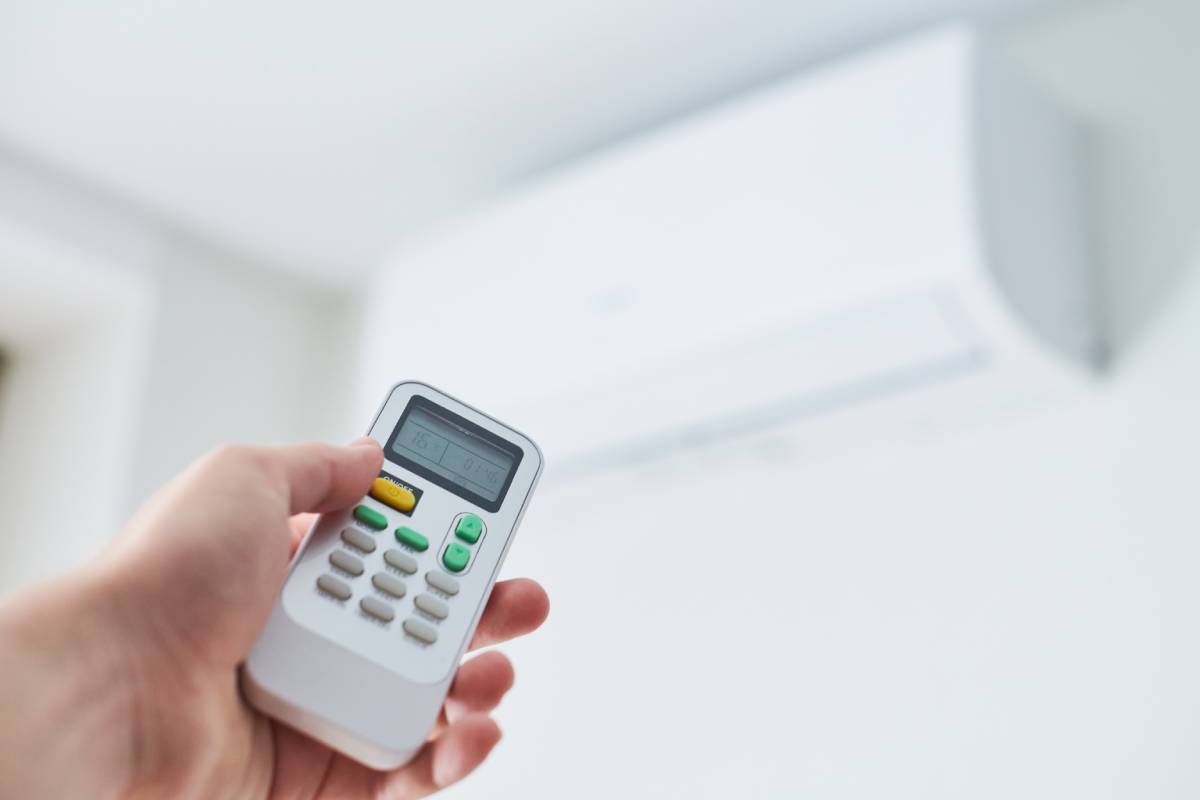
Here are 6 indicators that it might be time to replace your air conditioner.
- If your unit is more than a decade old, frequently breaks down, and requires costly repairs, replacing it is the best choice.
- Check the energy rating label on your AC. Higher stars indicate greater energy efficiency. If your current unit lacks energy efficiency, upgrading to a more efficient model is advisable.
- If your AC continues to break down and demand expensive repairs, it may be time for a replacement.
- If your AC struggles to cool the room effectively, it’s a sign that it’s not working optimally.
- A noisy unit can be a clear indication that something is amiss with your AC.
- If you notice leaks around the AC unit, this could signify a significant issue that may necessitate a replacement.
Final Thought
When considering the maintenance and longevity of your air conditioner, it’s important to take a proactive approach. Regular servicing and cleaning can keep your AC in good working condition. Additionally, understanding the signs that indicate the need for a replacement can help you make informed decisions about your cooling system.
Keeping your air conditioner well-maintained and knowing when it’s time for a replacement are key factors in ensuring you have a reliable and efficient cooling solution for your home.
